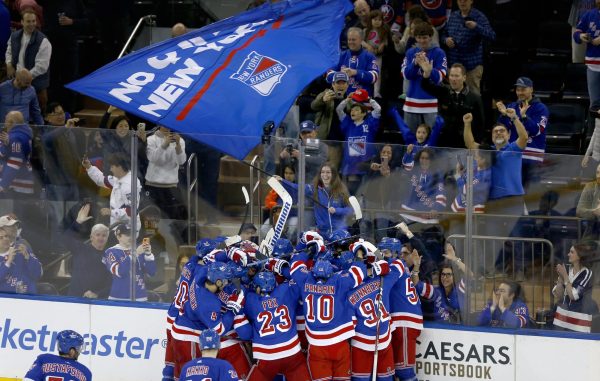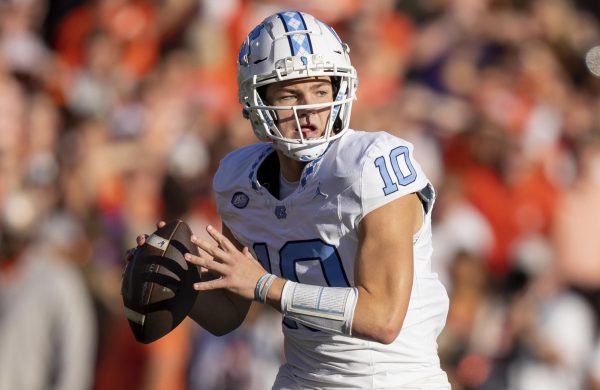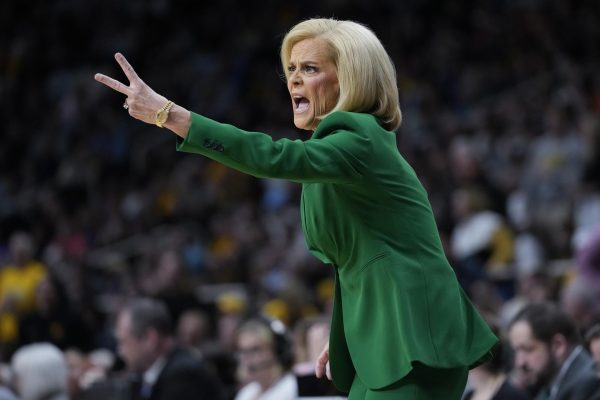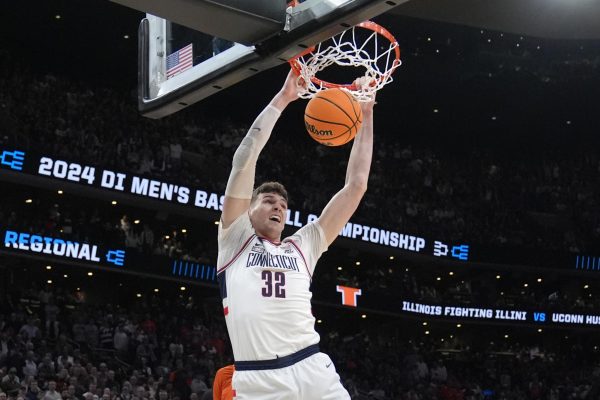Packers Victorious in Super Bowl XLV
“We feel very good about our chances. We’ll play anybody, anytime, anywhere. That’s been our motto and we’re well-oiled. We’ve been challenged and we’ve learned from those challenges.” These were Green Bay Packers head coach Mike McCarthy’s words heading into the wild card round prior to Green Bay’s tilt with the Philadelphia Eagles. As their title run has shown, there is a lot more to these words, and the Packers, than meets the eye.
In week one of the regular season, Green Bay lost their star running back Ryan Grant to injured reserve and never capably filled the void that was left in their backfield. The team also lost one of the great upcoming tight ends in the league in Jermichael Finley when he suffered a season-ending injury in Week five. These injuries, added on to an injury to the Packers’ best possession receiver Donald Driver during the second quarter of the Super Bowl, played a huge factor in this past Sunday’s game when considering the plan of attack that the Packers implemented offensively against the Steelers and how they had to adapt and be innovative during the course of the regular season and the championship game. The Packers also set an NFL record for the least amount of rushing attempts by a winning team in the history of the Super Bowl. This can be attributed to two factors. One is the lack of depth and trust that the Packers had in their running game against the staunch Steelers front seven. The other is undoubtedly the immense trust that head coach Mike McCarthy has in Aaron Rodgers. McCarthy calls the offensive plays for the Packers, and he called all of 39 passing plays in the Super Bowl compared with 11 rushing plays, which solely put the burden on Aaron Rodger’s to make the necessary plays to move the chains on the Steelers’ top ranked defense. By intentionally forsaking balance, McCarthy subsequently allowed the Steelers’ pro bowl caliber linebackers in Lamar Woodley and James Harrison to relinquish their abilities to stop the run and concentrate their efforts on bringing down Rodgers. This is usually a losing proposition for opposing offenses and can be traced directly back to the AFC championship game. The Steelers were dominant in the first half of that game as the defense stifled the Jets offense led by Mark Sanchez. His team totaled zero rushing yards in the first half, which allowed the Steelers to score 21 unanswered points and take control. Fortunately for cheeseheads, Aaron Rodgers would validate this unparalleled trust that Mike McCarthy has in his quarterback, bringing home the Super Bowl MVP trophy. I’d like to point out that Brett Favre never accomplished this feat in his 20 years in the NFL for three different teams, whereas Rodgers nabbed it in only his third year starting.
If there was a second MVP trophy to be awarded for Super Bowl XLV, it would most likely go to Jordy Nelson rather than Nick Collins or even Tramon Williams, both of whom played tremendous roles in the Packers victory over the Steelers. This fact is astonishing when considering the fact that Nelson, who was the Packers fourth receiver on their depth chart coming into the game, would play such a vital role in Rodgers’ consistent first-down conversions and success on the Steelers’ secondary. Nelson consistently won his matchups in single coverage and would go on to have nine catches for 140 yards and two touchdowns during the game, none bigger than a clutch 38-yard catch to set the Packers up inside the five-yard line. The play would lead to the second of Greg Jennings’ two touchdown catches on the evening when Troy Polamalu guessed wrong on an inside post route, leaving Jennings wide open in the corner of the end zone for what would be the deciding score of the game. Rodgers’ ability to be dynamic and inventive when the circumstances become more daunting is what allowed the team to consistently maneuver through difficult situations and put the Packers in a position to win on Super Bowl Sunday.
The Packers also experienced turbulence on the defensive side of the ball during Super Bowl XLV. In the second quarter of the game, one of the Packers’ most important defensive players, Charles Woodson, suffered a broken collarbone and was unable to return to the game. Other than an injury to Rodgers, this is the greatest injury the Packers could have suffered during the course of the game, considering the multifaceted and diverse role that Woodson plays for Dom Capers’ blitz oriented and disguise based defense. Woodson sometimes plays as a safety, a back in the nickel package in coverage or as a blitzer, on the outside as a corner and can cover any receiver. When he went down in the second quarter, not only did the Packers defense lose their most important chess piece, it also became more predictable. They did not have this issue earlier in the game when the Packers were stifling Ben Roethlisberger en route to two first half interceptions. Big Ben threw this first pick while getting pressured and unsuccessfully trying to confuse Nick Collins with a pump fake, consequently putting Collins in the position to make the easy interception and return it for a Packer touchdown. It’s not a coincidence that all of the Steelers’ touchdowns came after Woodson left the game for good.
Despite the injury to their most important defensive player, Clay Matthews would come up with an absolutely game changing, fumble-inducing tackle on Steelers’ running back Rashard Mendenhall in the beginning of the fourth quarter. Just as the Steelers were building momentum and looking to take over the lead after cutting the deficit to four points, Matthews’ play brought the momentum right back to the Pack. The Packers offense would feed off of this third turnover by the Steelers’ offense and subsequently marched down the field for a touchdown that would prove to be too much for the error prone Steelers’ to overcome. Twenty-one of the Packers’ 31 points came off of turnovers. Clearly, this victory over the Steelers was an ultimate team effort by the Aaron Rodgers-led offense and a great defense who despite losing their captain would make enough plays to leave Dallas and return the Lombardi Trophy to Green Bay.
Mike McCarthy said his team is well oiled, but I like to say this bunch in green and yellow epitomizes resiliency. With their combination of youth and veteran leadership, this team can legitimately envision capturing a second title for Aaron Rodgers and further put to bed the myth that Rodgers is playing in the shadow of he who must be not be named. Perhaps then, football fans can further appreciate the bona fide star that Rodgers is as well as the team of the now and the future in Ted Thomson’s youthful and exuberant Super Bowl XLV champion Green Bay Packers.









